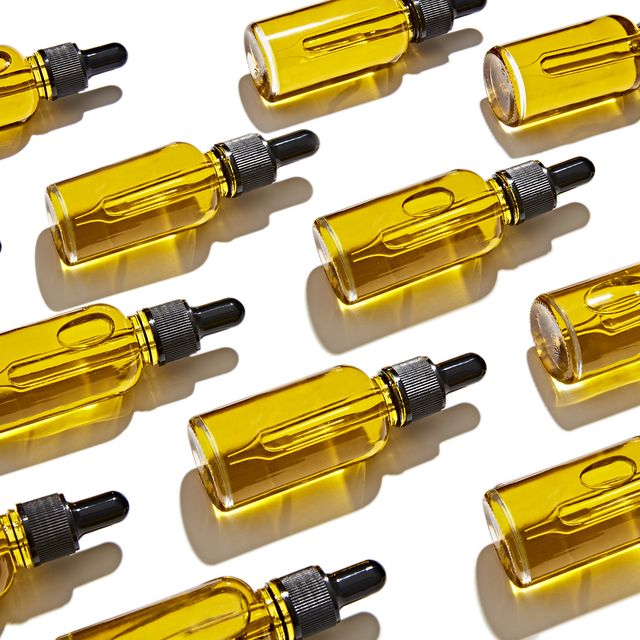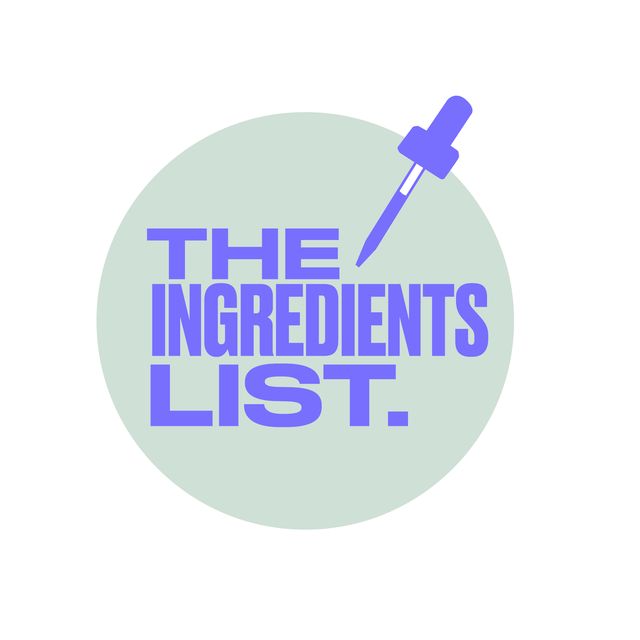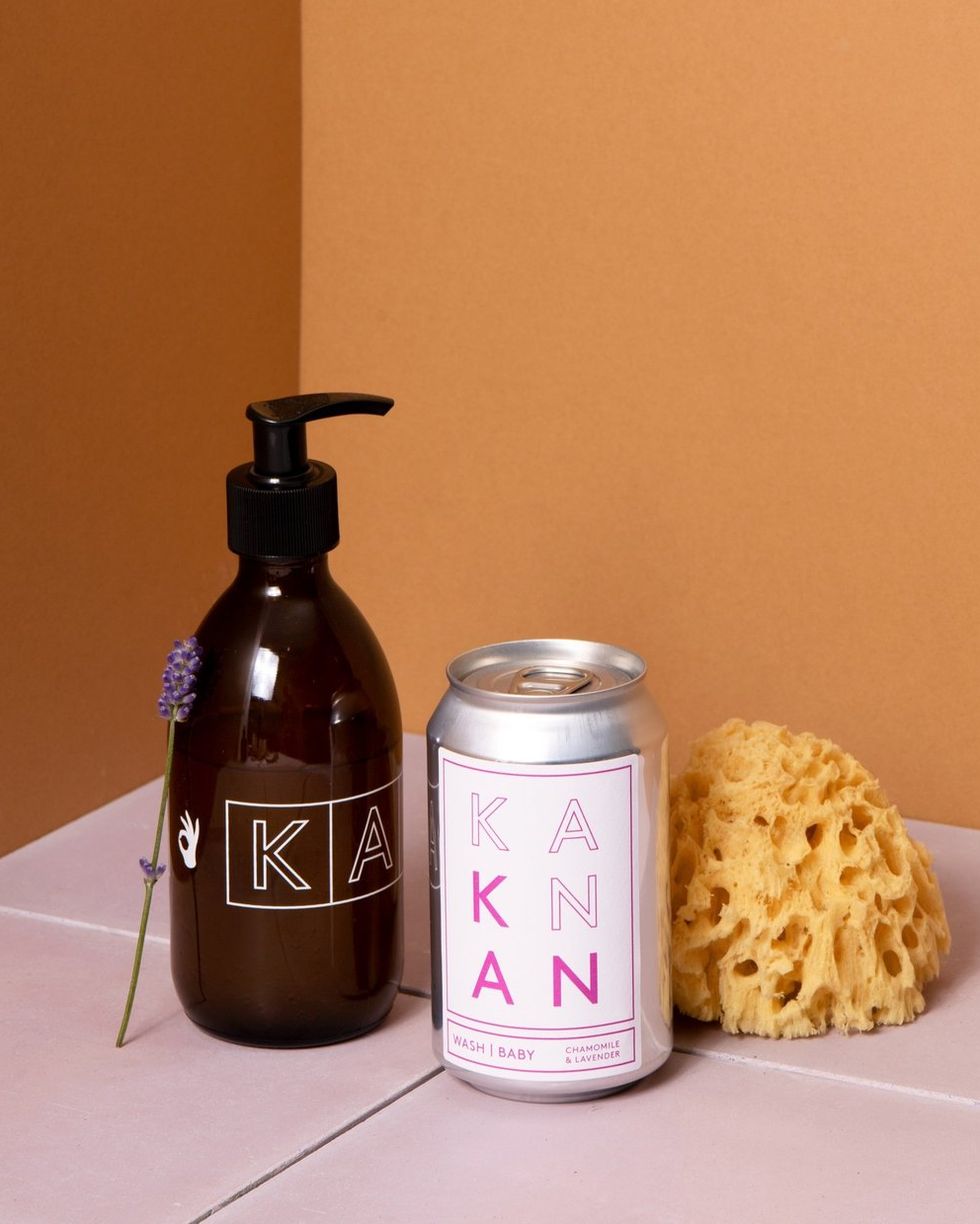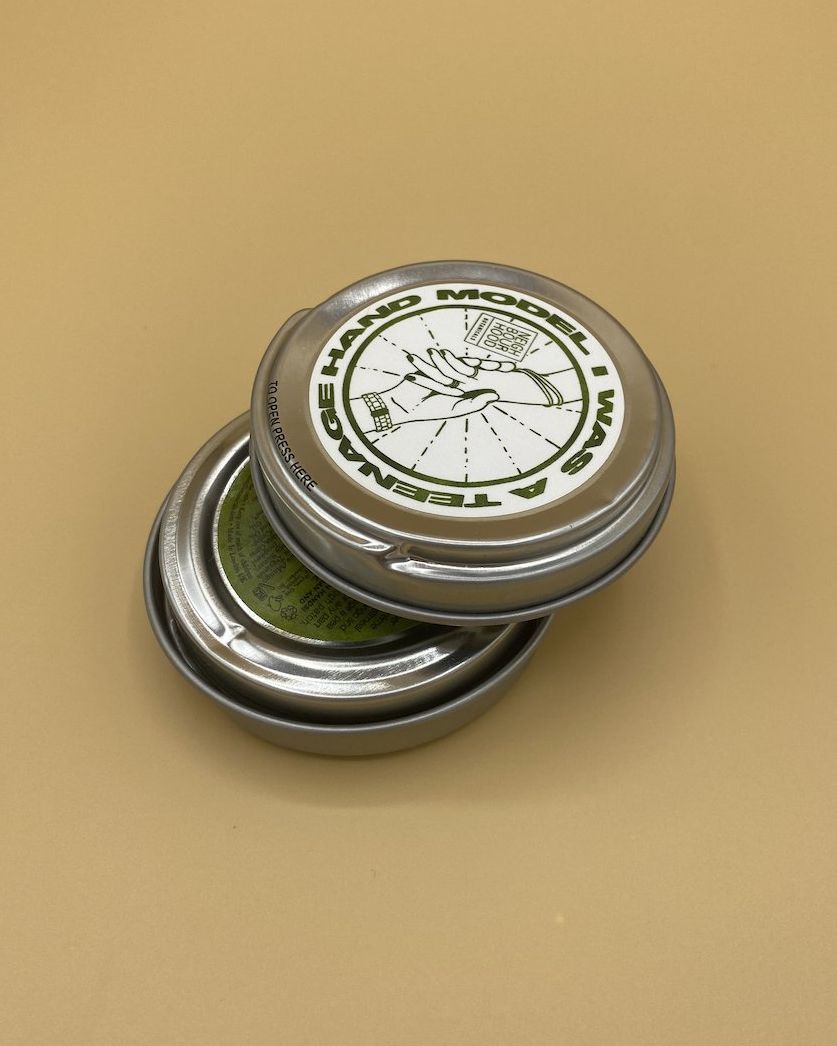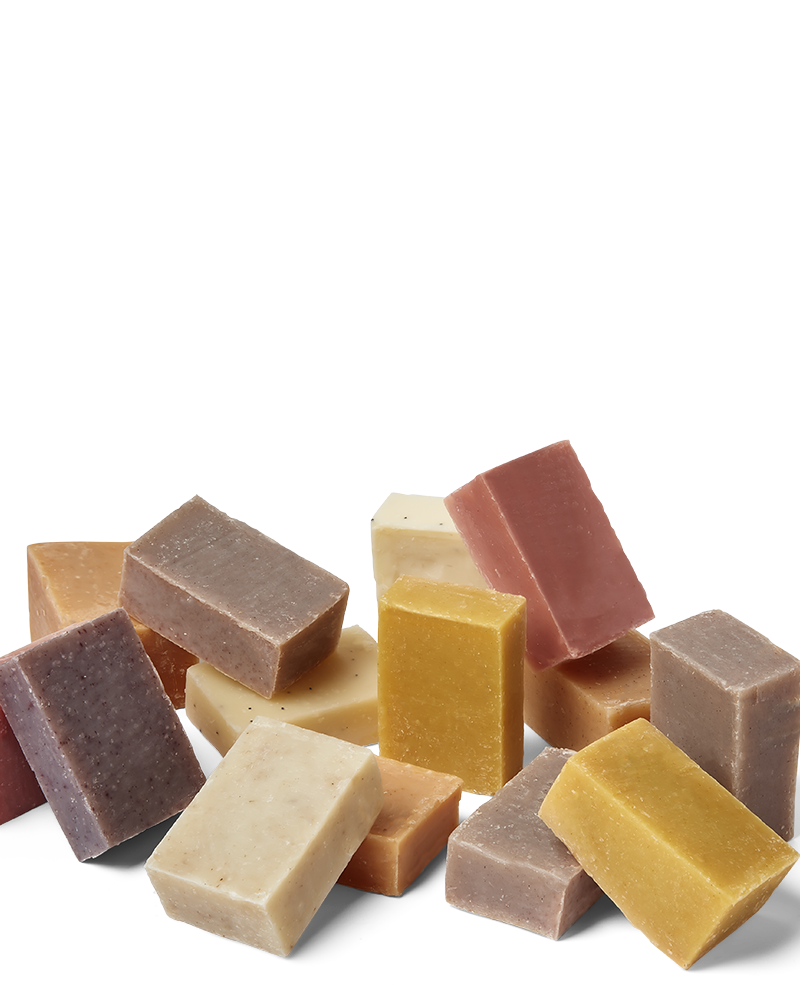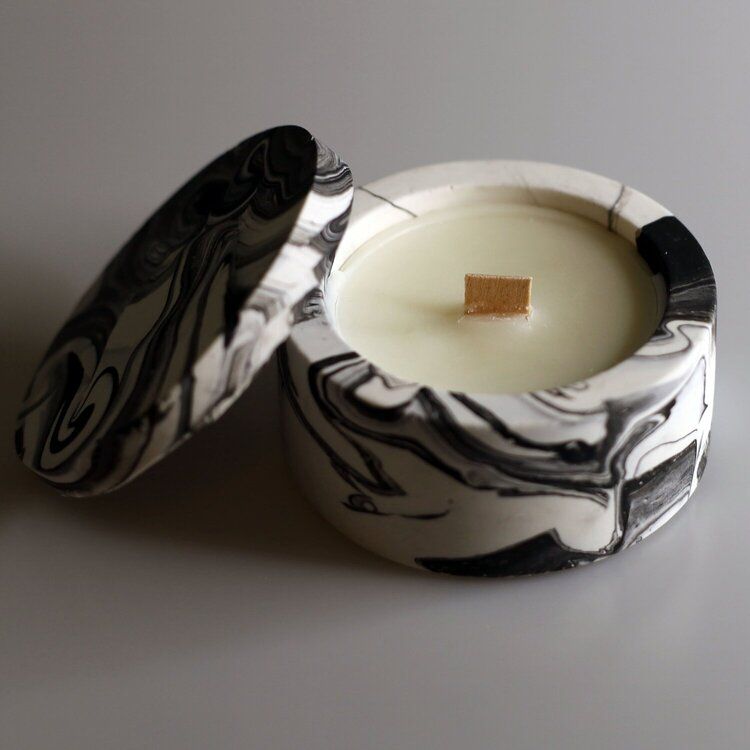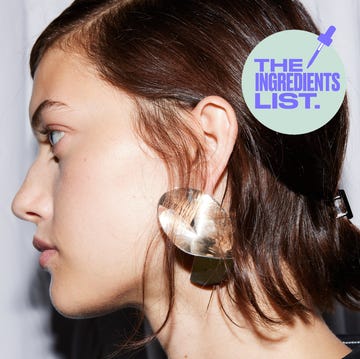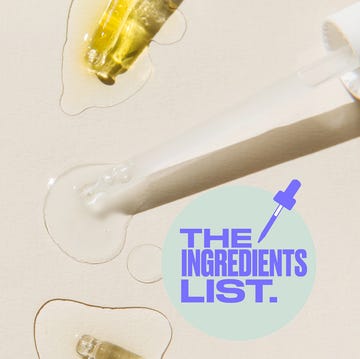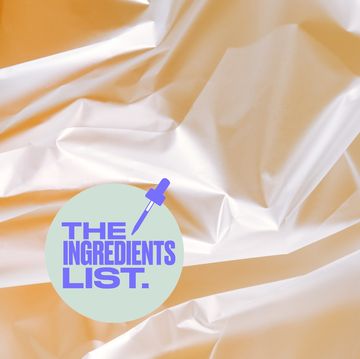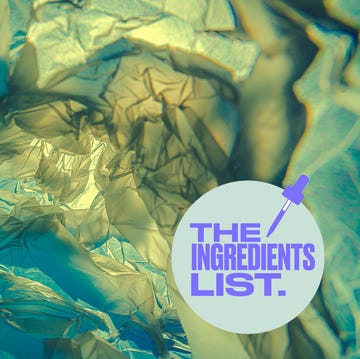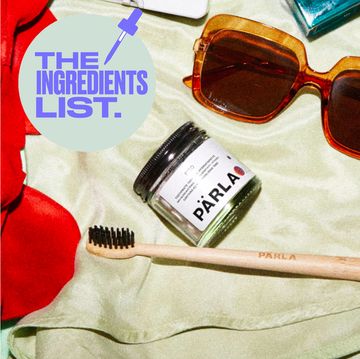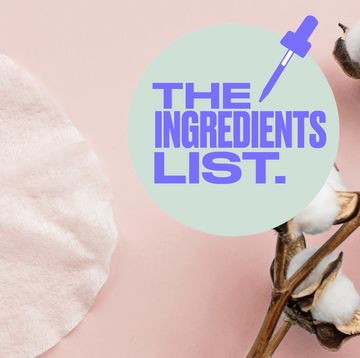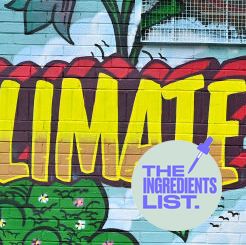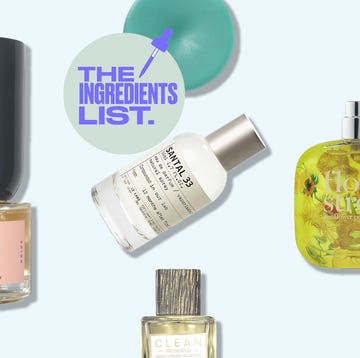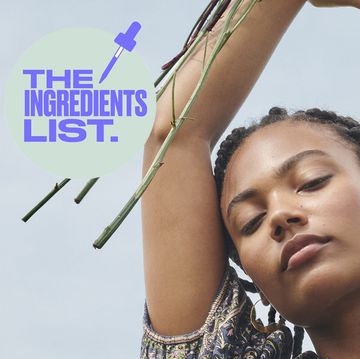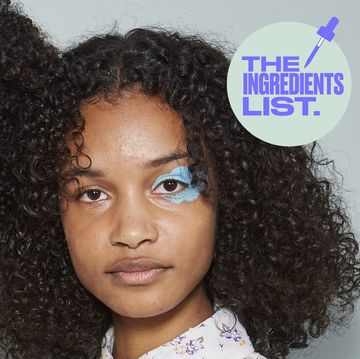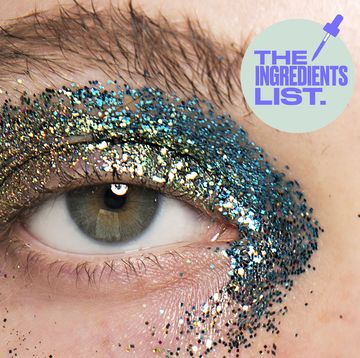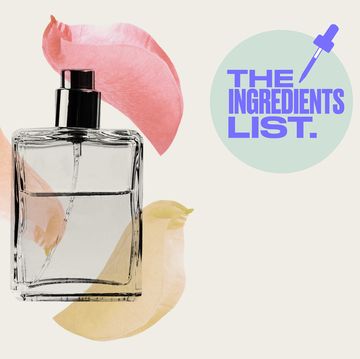The Ingredients List - Breaking down the what, where and why of natural and eco-friendly beauty.
We all know beauty has a sustainability problem. Over the last five years we’ve seen many brands overhaul their packaging and practices in order to pump up their green credentials. Refillable packaging has taken off and upcycling ingredients is becoming the norm. However, when it comes to chatting about waste, one topic still gets sidelined: the number of products being chucked due to damage, faults and returns.
It’s an issue much further reaching than just beauty. It’s estimated that 20% of all manufacturing spend is wasted. When it comes to fashion and food, it’s something we’re aware of. It’s well-publicised that 35% of materials in the global fashion supply chain end up as waste and big brands have landed themselves on the front pages for burning unwanted stock. Similarly, the trend for companies selling wonky carrots and odd-shaped apples has helped tackle the huge amount of supermarket food waste (115,000 tonnes a year in the UK alone).
However, within beauty it’s a topic that is still relatively under-the-radar. 'While the beauty industry isn't burning out of season clothes, there is still considerable waste being generated throughout the product life-cycle,' Imelda Burke, founder of Content Beauty & Wellbeing, explained. Products end up being discarded at every stage of the production process.
'Often batch or packaging issues can cause a faulty product in the formulation of the end product. Once in the market, customer returns and damaged products (for example: pressed powdered products cracking) also causes waste. Post-production there can also be challenges with brands delisting products or shades, however this is generally managed into sale rather than discarded,' Burke described. Marketing and PR is also an issue. 'Products being sent out that aren't used or needed and surplus add-on promo products that go alongside,' Burke added.
Selling off this damaged or surplus stock isn’t a new concept as such. Beauty brands have always put some products on sale and discount retailers like TK Maxx have long sold beauty products at lower rates. However, a new wave of sustainable beauty brands are tackling this issue of waste closer to home and being transparent in the process.
Take refillable beauty brand KANKAN, who host their Near Perfect Sales twice a year. Currently, they are selling Near Perfect Starter Sets which include hand and body wash with slight imperfections on the packaging for a discounted price. 'Misprints and errors are all part of the process, but we asked how we can find homes for these perfectly good bottles and shine a positive light on this to raise broader awareness,' Co-Founder Eliza Flangan told us. 'If we can reduce waste in the manufacturing process, we’ll reduce wasted effort, resources, energy and landfill all in one shot,' she added.
Neighborhood Botanicals have pioneered a similar program called Factory Seconds. These are products that are totally fine on the inside but have issues on the outside. 'Sometimes we get customs refusals or trade returns where a body oil has leaked all over the stock,' founder Micaela Nisbet noted. By signing up for the brand’s newsletter, customers can be alerted of these special discount drops. 'They always sell out as soon as they go on sale. People love being able to try something out with less commitment, or to stock up on their favourites at a great discount,' Nisbet added.
For beauty brands that create solid products - another growing sustainability trend - selling offcuts is an easy win in terms of helping the planet and customer’s pockets. Manchester-based grüum sells 500g and 1kg bags of their body bar offcuts, neatly called wønki. Jim’s Bricks, a men’s shampoo and shower brand, sells 'smaller than we would like' bars at a lower price to avoid them going to waste.
Candle brands are also getting in on the action. Fo:mme candles, a brand known for their sculptural candles celebrating the female form, have created Burn and Keep candles that are made from ones that didn’t cut it. They give the waste wax a new lease of life by pouring them into handmade black and white stone reusable pots.
While beauty subscription boxes are nothing new, we’re also starting to see brands take inspiration from food companies like Oddbox (pioneers of the wonky veg concept). Lofty Box collaborates with ethical beauty and wellbeing brands that have surplus stock that goes to waste or ends up in landfill.
As the fashion resell market grows and grows, will we see beauty follow in its footsteps? There are, of course, some issues to take into account. 'Additional considerations come into play with beauty products as best before dates loom,' Burke explained. However, it will be interesting to see what innovation comes to the fore. In the meantime, it’s the perfect moment to snap up some deals and know you are doing your bit to reduce waste in the process.
